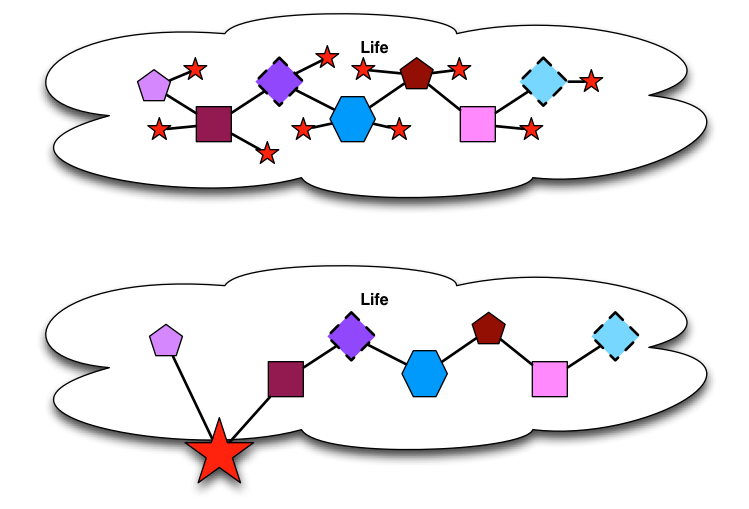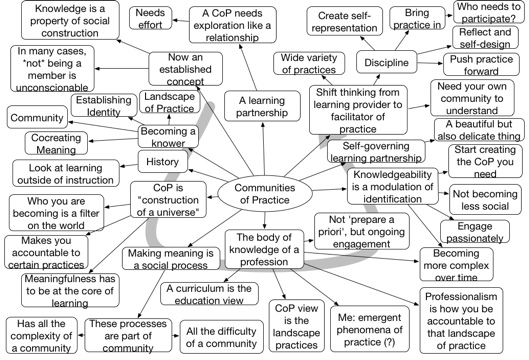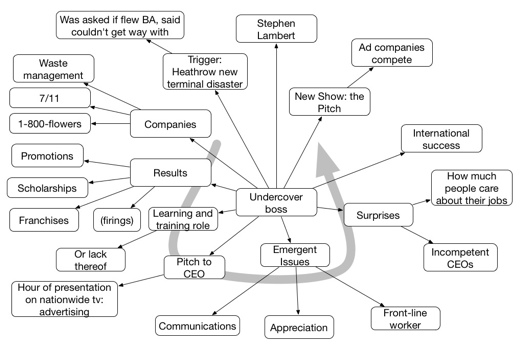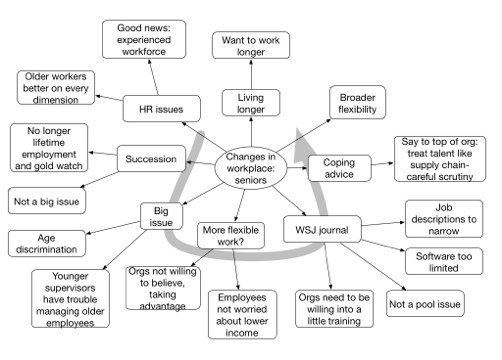On a recent client engagement, the issue was spreading an important initiative through the organization. The challenges were numerous: getting consistent uptake across management and leadership, aligning across organizational units, and making the initiative seem important and yet also doable in a concrete way. Pockets of success were seen, and these are of interest.
For one, the particular unit had focused on making the initiative viral, and consequently had selected and trained appropriate representatives dispersed through their organization. These individuals were supported and empowered to incite change wherever appropriate. And they were seeing initial signs of success. The lesson here is that top down is not always sufficient, and that benevolent infiltration is a valuable addition.
The other involvement was also social, in that the approach was to make the outcomes of the initiative visible. In addition to mantras, graphs depicting status were placed in prominent places, showing current status. Further, suggestions for improvement were not only solicited, but made visible and their status tracked. Again, indicators were positive on these moves.
The point is that change is hard, and a variety of mechanisms may be appropriate. You need to understand not just what formal mechanisms you have, but also how people actually work. I think that too often, planning fails to anticipate the effects of inertia, ambivalence, and apathy. More emotional emphasis is needed, more direct connection to individual outcomes, and more digestion into manageable chunks. This is true for elearning, learning, and change.
In looking at attitude change, and from experience, I recognize that even if folks are committed to change, it can be easy to fall back into old habits without ongoing support. Confusion in message, lack of emotional appeal, and idiosyncratic leadership only reduce the likelihood. If it’s important, get alignment and sweat the details. If it’s not, why bother?



